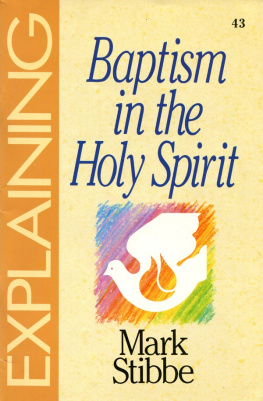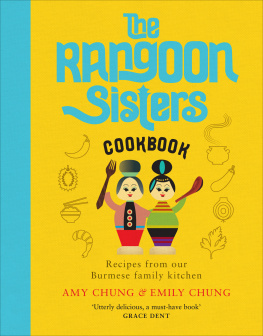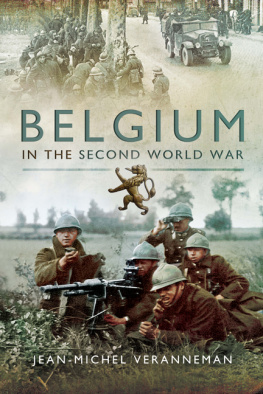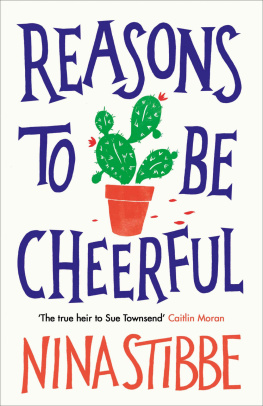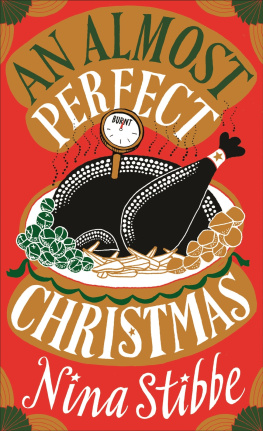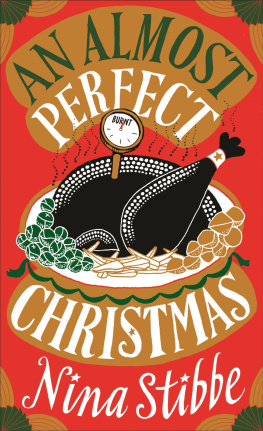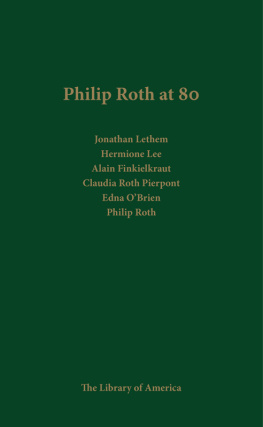Philip Stibbe - Return Via Rangoon
Here you can read online Philip Stibbe - Return Via Rangoon full text of the book (entire story) in english for free. Download pdf and epub, get meaning, cover and reviews about this ebook. year: 1994, publisher: Pen and Sword, genre: Non-fiction. Description of the work, (preface) as well as reviews are available. Best literature library LitArk.com created for fans of good reading and offers a wide selection of genres:
Romance novel
Science fiction
Adventure
Detective
Science
History
Home and family
Prose
Art
Politics
Computer
Non-fiction
Religion
Business
Children
Humor
Choose a favorite category and find really read worthwhile books. Enjoy immersion in the world of imagination, feel the emotions of the characters or learn something new for yourself, make an fascinating discovery.

- Book:Return Via Rangoon
- Author:
- Publisher:Pen and Sword
- Genre:
- Year:1994
- Rating:4 / 5
- Favourites:Add to favourites
- Your mark:
- 80
- 1
- 2
- 3
- 4
- 5
Return Via Rangoon: summary, description and annotation
We offer to read an annotation, description, summary or preface (depends on what the author of the book "Return Via Rangoon" wrote himself). If you haven't found the necessary information about the book — write in the comments, we will try to find it.
Return Via Rangoon — read online for free the complete book (whole text) full work
Below is the text of the book, divided by pages. System saving the place of the last page read, allows you to conveniently read the book "Return Via Rangoon" online for free, without having to search again every time where you left off. Put a bookmark, and you can go to the page where you finished reading at any time.
Font size:
Interval:
Bookmark:

BEYOND THE CHINDWIN Major Bernard Fergusson This is an account of the adventure of No 5 Column of the WESTGATE EXPEDITION into Burma, in 1943. Fifty years after its first publication it still stands as a military classic. It was written in 12 days, only a year after the end of the story which it tells. The immediacy of the narrative makes the story as exciting as any novel. With the constant reassessment of Wingates role in the war in Burma, this account should be required reading. Without the experiences of the 1943 expedition, the 1944 Allied operation could not have been put together and certainly could not have been successful. | NOT ORDINARY MEN The Story of the Battle for Kohima John Colvin Probably one of the greatest battles in history in effect the Battle of Burma, naked, unparalleled heroism, the British/Indian Thermopylae Lord Mountbatten In April 1944, the Japanese, obsessed by the conquest of India, began their offensive. For sixteen days, less than 700 British and Indian troops held the assaults of 13,000 Japanese troops at the tiny garrison of Kohima. In hand to hand combat, in pouring rain and under continual bombardment, they held out. This epic battle was to prove the turning point of the Burma Campaign. |
ISBN: 0-85052-486-5 * Price: 9.95 Pages: 256pp * Size: 216138mm | ISBN: 0-85052-477-6 * Price: 9.95 Pages: 248pp * Size: 234156mm |
RANGOON

This paperback edition published in 1995 by
LEO COOPER
190 Shaftesbury Avenue, London WC2H 8JL
an imprint of
Pen & Sword Books Ltd,
47 Church Street,
Barnsley, South Yorkshire S70 2AS
means, without permission from the publishers.
Cambodia by White Lotus Co Ltd,
GPO Box 1141, Bangkok 10501, Thailand.
The Burma Rifles
Hintha, March 1943
Works on the ancient plan,
And two things have altered not
Since first the world began
The beauty of the wild green earth
And the bravery of man.
1993
JAMES LEASOR
Font size:
Interval:
Bookmark:
Similar books «Return Via Rangoon»
Look at similar books to Return Via Rangoon. We have selected literature similar in name and meaning in the hope of providing readers with more options to find new, interesting, not yet read works.
Discussion, reviews of the book Return Via Rangoon and just readers' own opinions. Leave your comments, write what you think about the work, its meaning or the main characters. Specify what exactly you liked and what you didn't like, and why you think so.


